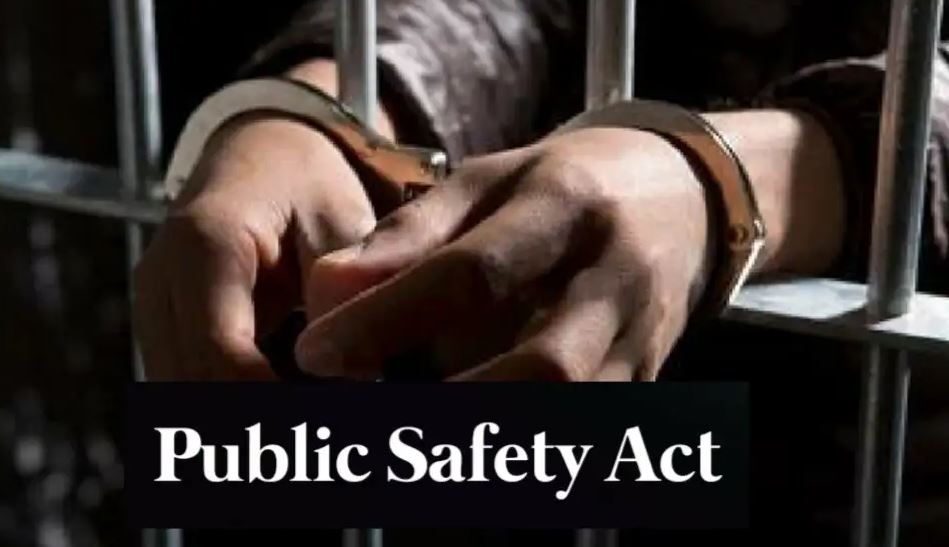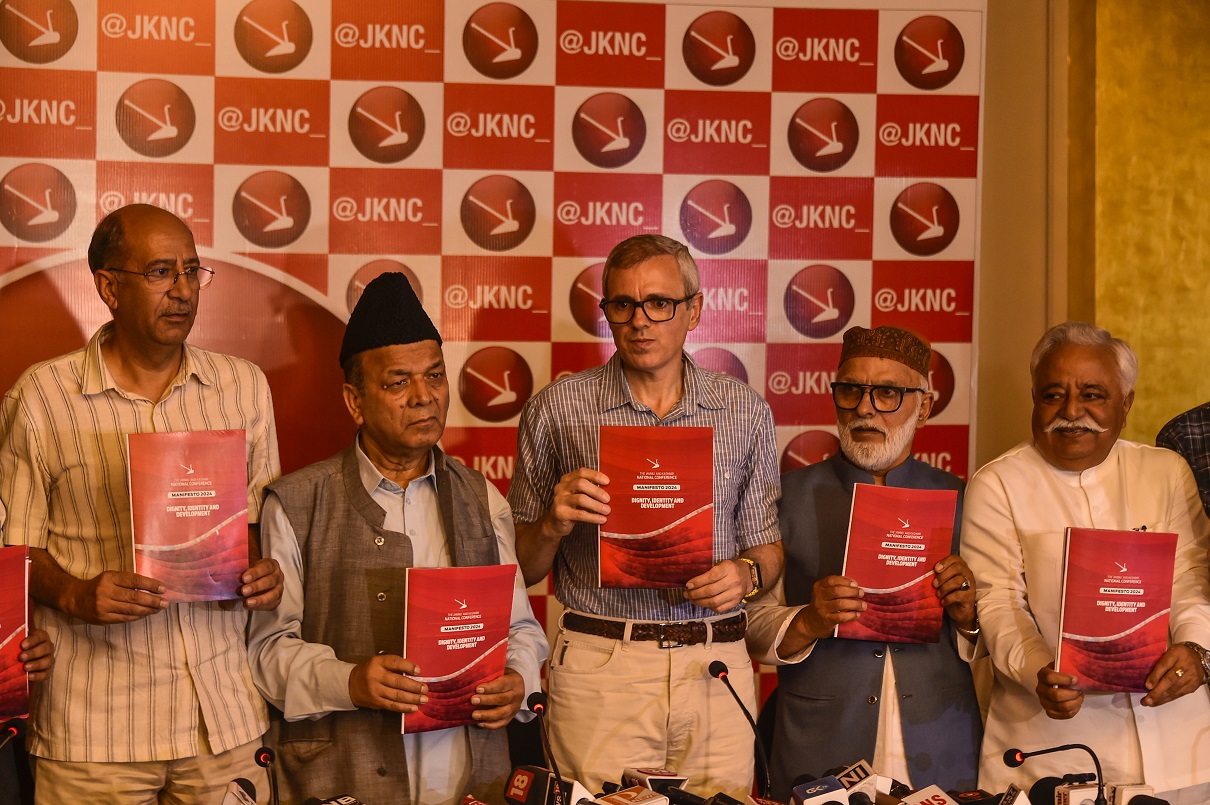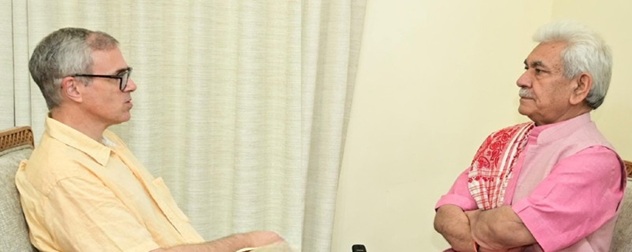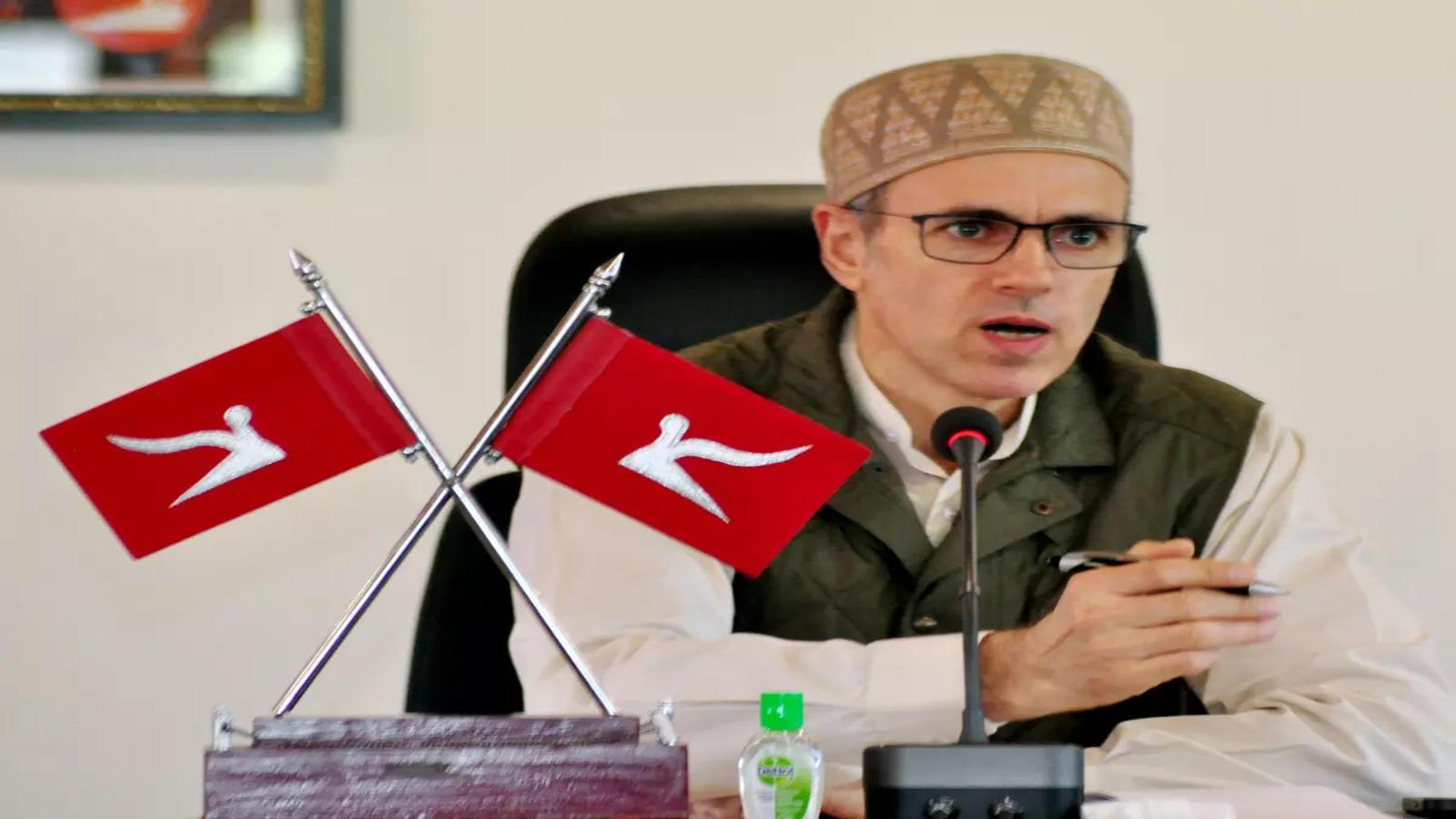J&K Police Invoke Public Safety Act Against 23 Individuals Amid SIA Raids in Srinagar
Srinagar, May 17, 2025 – In a major crackdown on subversive activities, the Jammu and Kashmir Police have invoked the Public Safety Act (PSA) against 23 individuals in Srinagar, citing threats to national security and public order. The move comes as the State Investigation Agency (SIA) continues its raids across Kashmir, targeting suspected sleeper cells and terror associates.
Understanding the Public Safety Act (PSA) & Its Implications
The Public Safety Act (PSA) is a preventive detention law that allows authorities to detain individuals without trial for up to two years if they are deemed a threat to public order or national security. Originally enacted in 1978, the PSA has been controversial, with human rights organizations like Amnesty International raising concerns over its misuse and lack of judicial oversight.
Key Features of the PSA:
- Detention Without Trial – Individuals can be held for six months to two years without formal charges.
- No Immediate Legal Recourse – Detainees cannot challenge their detention in court immediately.
- Used for Counterterrorism – Often invoked against suspected militants, separatists, and anti-national elements.
Despite criticism, the J&K Police maintain that the PSA is essential for maintaining law and order, especially in a region prone to insurgency and radicalization.
Why Were These 23 Individuals Detained?
According to police officials, the 23 detainees were allegedly involved in:
- Subversive activities linked to proscribed terror outfits.
- Public disturbances and criminal offenses.
- Anti-national propaganda and radicalization efforts.
Despite facing multiple criminal cases, authorities claim that these individuals continued engaging in unlawful activities even after securing bail. As a result, they have been moved to jails outside Kashmir, including Poonch, Udhampur, and Kot Balwal Jammu.
SIA Raids Across Kashmir: Targeting Sleeper Cells
Meanwhile, the State Investigation Agency (SIA) conducted raids at 11 locations in central and north Kashmir, targeting suspected militant sleeper modules. Officials confirmed that:
- Substantial incriminating materials were seized.
- Several suspects were rounded up for questioning.
- Investigations revealed online radicalization efforts among individuals aged 18-22 years.
The SIA has intensified its operations in recent months, focusing on dismantling terror networks and preventing radicalization.
Government’s Stance on PSA Detentions
Authorities maintain that the PSA detentions are part of a systematic crackdown on anti-national elements. However, critics argue that the large-scale arrests contradict the government’s claims of normalcy returning to the valley.
Key Arguments in Favor of PSA Detentions:
- Prevents Terror Activities – Helps curb radicalization and sleeper cell operations.
- Maintains Public Order – Ensures peace and stability in conflict-prone areas.
- Acts as a Deterrent – Sends a strong message to anti-national elements.
Criticism & Human Rights Concerns:
- Lack of Judicial Oversight – Detainees have limited legal recourse.
- Potential for Misuse – Critics argue that political opponents and activists have been targeted.
- Contradicts Normalcy Claims – Large-scale detentions raise questions about stability in J&K.
Public & Expert Reactions
While some experts support the PSA crackdown, arguing that J&K should have greater control over its security, others warn that mass detentions could fuel resentment and unrest.
Public Sentiment:
- Security Advocates – Support the move, citing national security concerns.
- Human Rights Groups – Condemn the detentions, calling for judicial reforms.
- Local Residents – Express mixed reactions, with some fearing increased surveillance.
Future Outlook: What’s Next for J&K’s Security Strategy?
The J&K government is expected to continue its crackdown on terror networks and sleeper cells, with more PSA detentions likely in the coming months. However, calls for judicial oversight and legal reforms may lead to policy adjustments in the future.
Potential Developments:
- Stronger Counterterrorism Measures – Increased SIA raids and intelligence operations.
- Judicial Review of PSA Cases – Possible legal reforms to address human rights concerns.
- Public Awareness Campaigns – Efforts to prevent youth radicalization through education.



